

News

Presentation made by Prof. Idriss at the 2nd International Congress of Geotechnical Engineering, Mining and Seismicity
Izzat M. Idriss es profesor emérito de Ingeniería Civil en la Universidad de California en Davis (UCD) e ingeniero geotécnico consultor independiente. El profesor Idriss ha llevado a cabo exhaustivas investigaciones posteriores a diez terremotos desde el Gran Terremoto de Alaska de 1964. Ha desarrollado o co-desarrollado muchos de los procedimientos utilizados actualmente para evaluar el comportamiento de los suelos y las estructuras durante los sismos, y es autor o co-autor de unos 300 artículos técnicos e informes de investigación sobre temas relacionados con la ingeniería geotécnica antisísmica. El día de hoy les traigo una presentación realizada por el Prof. Idriss en el 2nd International Congress of Geotechnical Engineering, Mining and Seismicity, celebrado en 2022. Espero les parezca interesante.

La transición energética y las oportunidades derivadas para la ingeniería geotécnica
La transición hacia las energías renovables es un hecho, a pesar de que podría (y se requiere) que ocurra a mayor velocidad. Según un informe publicado por Global Energy Monitor, Latinoamérica se encuentra en condiciones de aumentar su capacidad de energía solar y eólica a gran escala en más de un 460% para 2030.

James K. Mitchell: una mirada interesante sobre la geotecnia
James K. Mitchell se licenció en Ingeniería Civil por el Instituto Politécnico Rensselaer (RPI) en 1951 y obtuvo los títulos de Máster y Doctor en Ciencias por el Instituto Tecnológico de Massachusetts en 1953 y 1956. De 1958 a 1994 formó parte del profesorado de CEE de la Universidad de California, Berkeley, y a partir de 1994 se incorporó al cuerpo docente de Virginia Tech. Fue el Investigador Principal del Experimento de Mecánica de Suelos durante las misiones a la Luna del Programa Apolo, y es autor de uno de los libros más completos sobre Mecánica de Suelos: Fundamentals of soil behavior. Estoy seguro que resultará interesante analizar la visión del Prof. Mitchell respecto a la Geotecnia y algunos otros interesantes temas tratados en esta entrevista ¡Espero la disfruten!
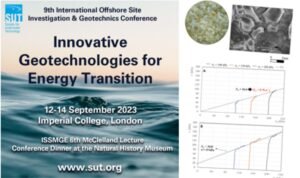
Article on improved pile-soil interface using colloidal silica compounds for offshore applications
El día de hoy, quisiera compartir un artículo presentado y publicado recientemente en la 9th International Offshore Site Investigation and Geotechnics Conference “Innovative Geotechnologies for Energy Transition”, celebrada en el Imperial College de Londres entre el 12 y el 14 de Septiembre últimos.

La Obra de Marie Tharp
Les traigo un interesante artículo sobre la vida y obra de Marie Tharp, quien contribuyó al descubrimiento de la dorsal mesoatlántica, así como a la comprensión del mecanismo de deriva continental. Espero lo disfruten…
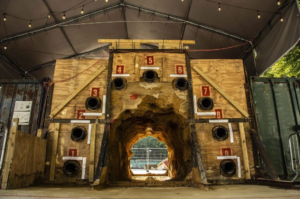
Primer túnel construido por un robot
La tecnología acapara prácticamente todos los ámbitos de nuestras vidas, y la Ingeniería Geotécnica no es la excepción. Aquí les dejo una interesante nota sobre el primer túnel construido por un robot, en Reino Unido. Espero la disfruten.
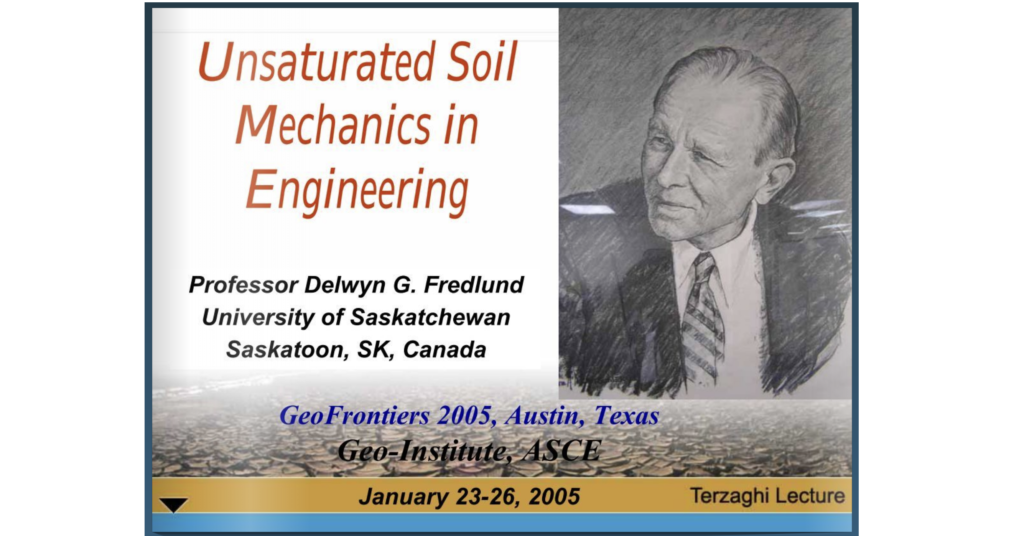
Partially saturated soils
Today, I bring you a very interesting talk on unsaturated soils. It is the 2005 Terzaghi Lecture, given by Dr. Delwyn Fredlun, one of the world authorities on this type of soils. I hope you enjoy it.

This is how the Romans built their roads
Today I would like to show you an interesting video, prepared by José Antonio Muñiz and his team, about how the Romans built their roads. It is really impressive the technology they applied, taking into account that some of these roads are more than 2,000 years old. I hope you enjoy it!

Karl Terzaghi is considered the father of modern Soil Mechanics
As many of you may know, Karl Terzaghi is considered the father of modern Soil Mechanics. During his long career, he worked in virtually every field associated with this science, from its theoretical development, to practical applications associated with foundations of historic buildings, earth dams and excavations.
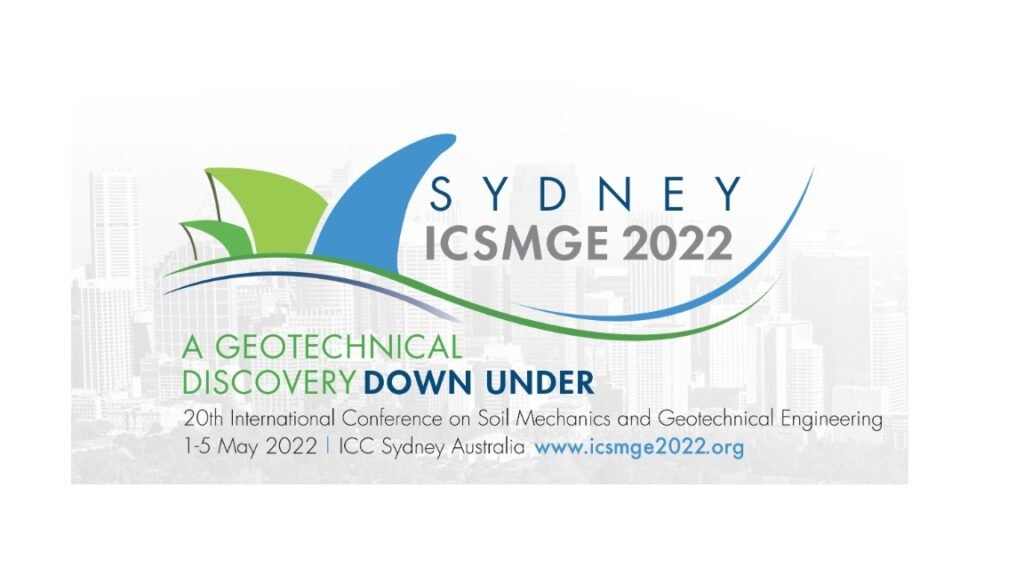
20th International Conference on Soil Mechanics and Geotechnical Engineering
At the beginning of May, the 20th International Conference on Soil Mechanics and Geotechnical Engineering will be held

Interview with Robert Holtz
Prof. Robert Holtz, together with his colleagues William Kovacs and Thomas Sheahan, published one of the best popularization works on Geotechnical Engineering: An Introduction to Geotechnical Engineering, whose second edition dates back to 2011. I am sure it will be interesting to analyze the Prof. Holtz's vision regarding Geotechnics and some other interesting topics covered in this interview. I hope you enjoy it!

Climate change: part of the impact of global warming is already "irreversible", warns the ONU
Many of the impacts of global warming are already "irreversible", according to the latest UN assessment

Geothermal energy at the service of humanity
Geothermal energy is the thermal energy of the earth's crust. Theoretically, the Earth's geothermal resources are sufficient to meet humanity's energy needs, although only a very small fraction are currently exploited profitably, often in areas close to tectonic plate boundaries.

Interview with Professor Paul Wayne
This year we will start our posts with an interesting interview with Prof. Paul Mayne, from the Georgia Tech School of Civil and Environmental Engineering. I hope you enjoy it!

Environment: 5 good news about the fight against climate change
At Geo Web we really care about climate change and its consequences for our children. We have found a very interesting article written by Margarita Rodriguez, a BBC journalist that we want to share with you fellow readers. We are convinced that we should all be aware of how important it is for the planet that we take care of the environment. It is the task and responsibility of all

160th Anniversary College of Engineers of Venezuela
This week the College of Engineers of Venezuela celebrated its 160th anniversary with an interesting cycle of virtual talks. The engineer Álvaro Boiero was one of the speakers and in his presentation he presented the following topic: «Influence of the Selection of the Elasticity Modulus in the Design of Foundations». It is an extremely important issue in the development of any geotechnical project. We hope you enjoy it.
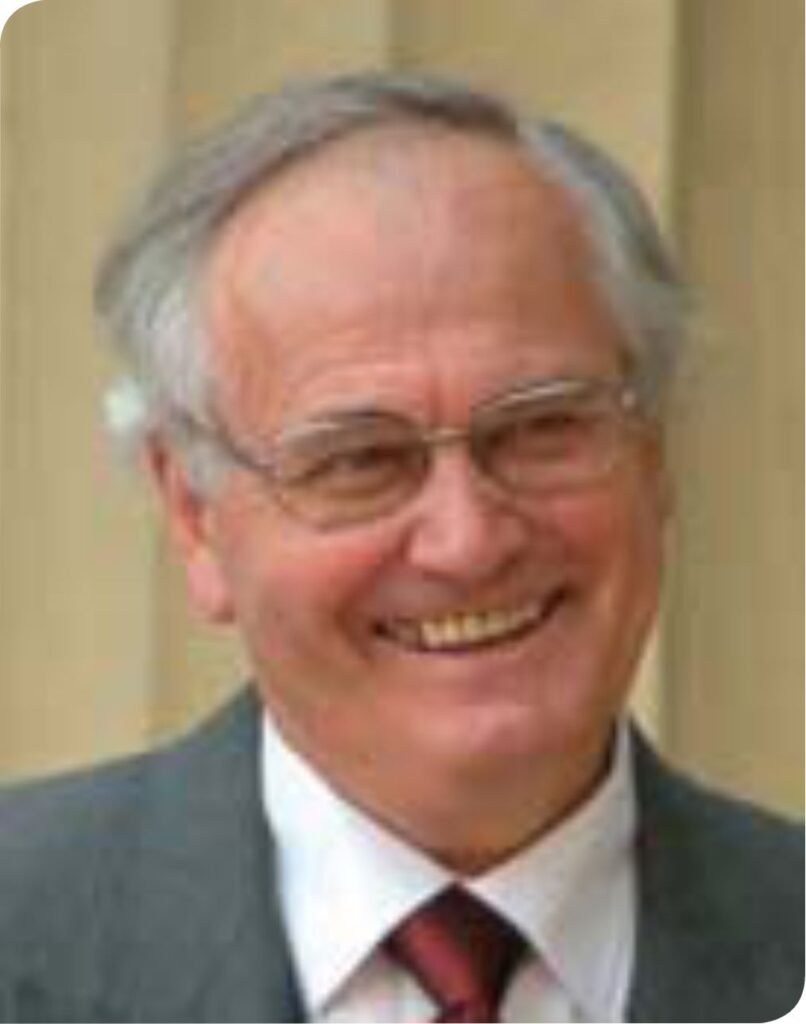
Interview with Prof. John Burland
In this interesting interview with Prof. John Burland, head of Imperial College London and one of the most important members of the team that worked on the stabilization of the Tower of Pisa, you will find that, in his opinion, consultancy work is what generate research topics in the area of Geotechnics, and that it is essential to take Master's studies in this discipline to really understand its true scope in civil projects.

La Palma: what is happening on this Canary Island, the "tip of the iceberg" of a 5-kilometer-high volcanic edifice
Since September 11, La Palma has been in the news for the numerous earthquakes and the deformation that the National Geographic Institute recorded in its volcanic monitoring network. Finally, the magma reached the surface on Sunday, September 19.

The skyscraper of the "millionaires" is leaning and they fear it will collapse
The skyscraper of the "millionaires" is leaning and they fear it will collapse It is the luxurious Millennium Tower, the tallest building in San Francisco. It already tilted 43 centimeters and sank about 45.
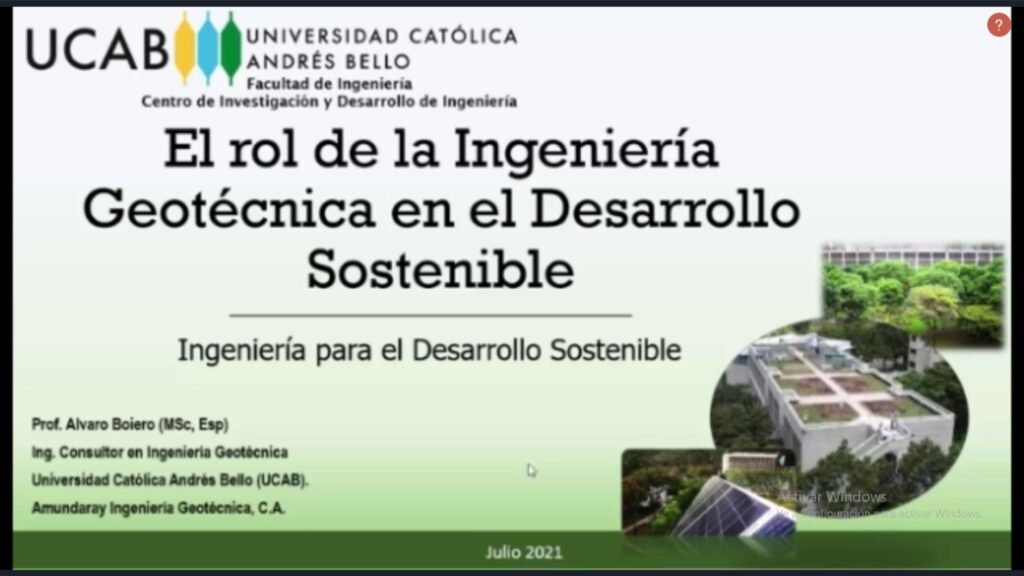
The role of Geotechnical Engineering in Sustainable Development
The 3rd Conference on Innovation and Sustainable Development was held at the Andrés Bello Catholic University in Venezuela and the engineer Alvaro Boiero presented the paper "THE ROLE OF GEOTECHNICAL ENGINEERING IN SUSTAINABLE DEVELOPMENT" that we share with all of you.
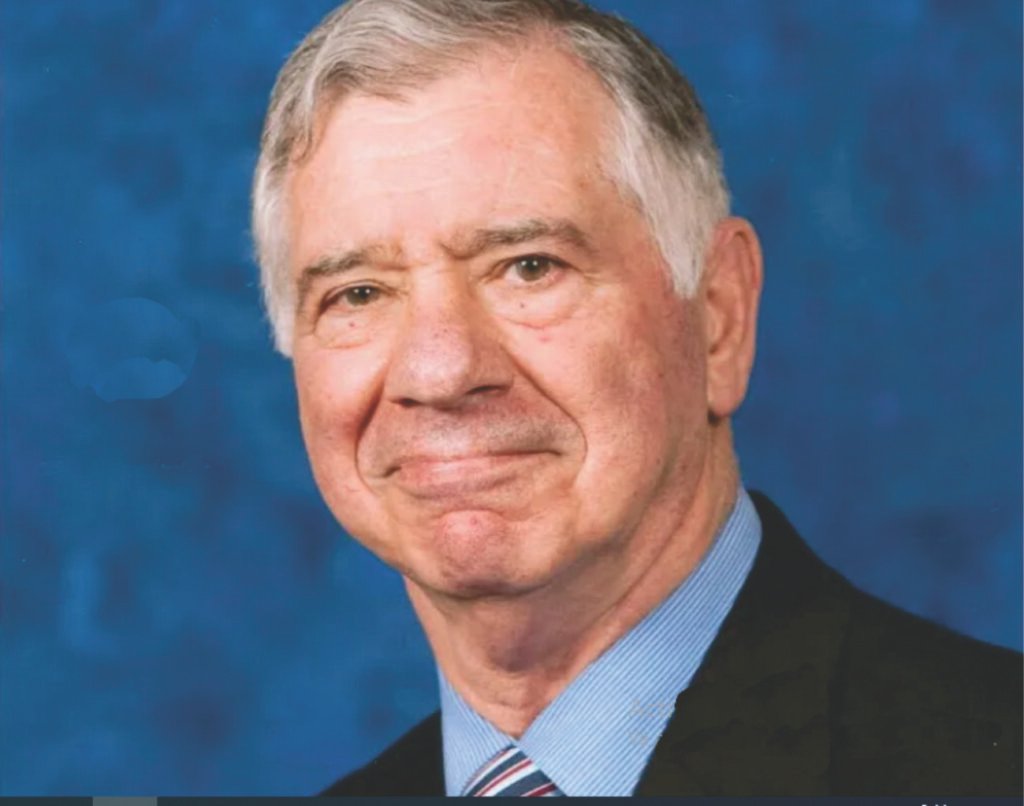
Unmissable interview with Professor Harry Poulos
“Most geotechnical engineers will recognize the name Harry Poulos. The Geo-Institute's Geo-Legends series recently published an interview with Professor Poulos, from Coffey Engineering and the University of Sydney. Professor Poulos has worked on the foundations of some of the world's best-known skyscrapers, and has published a considerable number of papers and textbooks.

The Venezuelan Congress of Geotechnics was a success
We want to tell you that the Venezuelan Geotechnical Congress that took place last week was a success. From Geo Web we want to congratulate the organizers of the event and thank them for allowing Engineer Alvaro Boiero to be present with his presentation “USE OF THE VIBROCOMPACTATION METHOD FOR SOIL IMPROVEMENT: CASE OF THE PORT OF LA GUAIRA
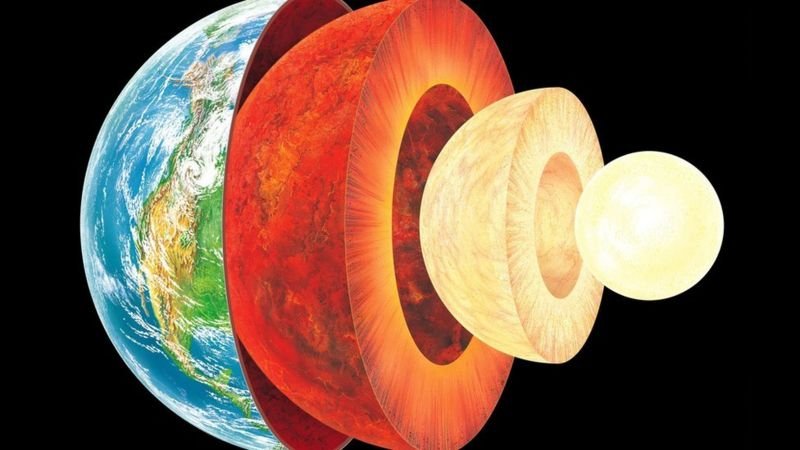
The strange behavior of the Earth's core that scientists do not know how to explain
Thousands of kilometers underground, a phenomenon is occurring that scientists cannot explain. And it is that the inner core of our planet, a compact mass of iron and nickel, is growing faster on one side than on the other.

Venezuelan Congress of Geotechnics
We want to share with you that between June 16 and 18, 2021, the Venezuelan Congress of Geotechnics will be held. This is an online event, completely free. Se trata de un evento online, completamente gratuito.
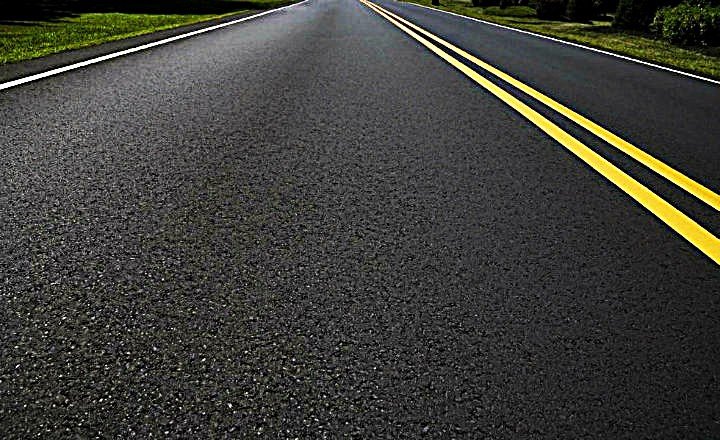
Why today's concrete and asphalt structures last less than before
A Japanese team proposed to develop a new method to assess the deterioration rate of concrete.

Ralph B. Peck Interview and Advice for Graduate Engineers
Make the most of educational opportunities, and after you graduate, don't be afraid to take advantage of opportunities that come along that may not be exactly what you had in mind to begin with.
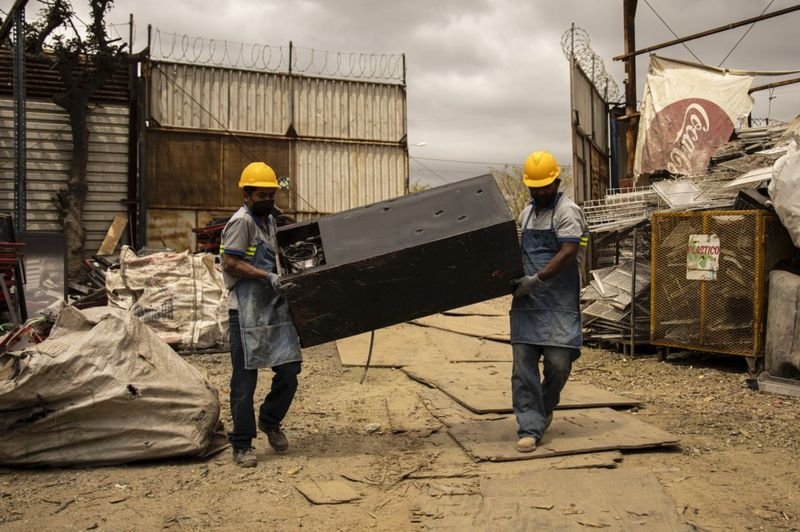
Climate change the best solution
Around the world, teams of people are working to find and destroy hidden sources of greenhouse gases, thus preventing them from harming the planet.

Huge iceberg breaks off in Antarctica
The ice block was almost 1,270 square kilometers and broke away from the rest of the cap, on the Brunt Ice Shelf. The last big chunk to break off in this area was in the early 1970s
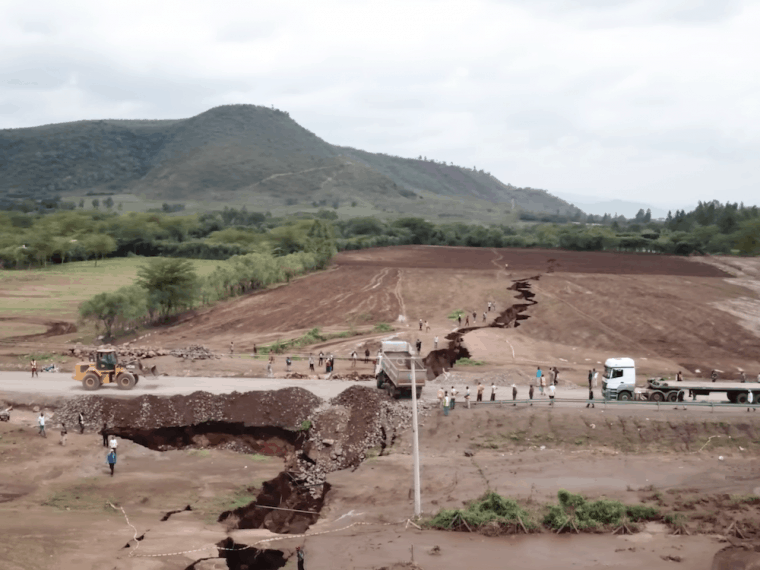
Africa splits in two
The recent appearance of a large crack in Kenya has created alarm about the future of the African continent. Is there reason to worry?

What is Neopangea? Will the continents really merge back into one?
The continents of the Earth are supported by a system of plates and these move at different speeds.